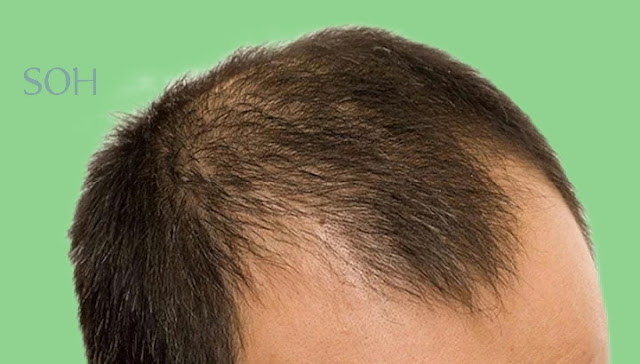Hair loss, medically known as alopecia, can be a distressing symptom with various underlying causes, including certain illnesses. When grappling with excessive hair fall, it's crucial to consider potential health issues that might contribute to this condition.
One common illness associated with hair loss is thyroid dysfunction. Both hypothyroidism (underactive thyroid) and hyperthyroidism ( thyroid) can disrupt the normal hair growth cycle, leading to thinning or shedding. The thyroid hormone imbalance affects hair follicles, making them more susceptible to the rigors of the environment.
Another culprit is autoimmune diseases, such as alopecia areata, where the immune system mistakenly attacks hair follicles. This results in sudden, patchy hair loss and, in severe cases, complete baldness. Rheumatoid arthritis, lupus, and other autoimmune conditions may also contribute to hair shedding.
Nutritional deficiencies, especially of iron, zinc, and biotin, can manifest in hair loss. Inadequate intake or absorption of these essential nutrients can weaken hair strands and impede normal growth. A balanced diet rich in vitamins and minerals is crucial for maintaining healthy hair.
Chronic illnesses like diabetes can impact hair health as well. Fluctuating blood sugar levels can contribute to hair thinning and loss. Additionally, diabetes-related medications may have side effects that affect hair growth.
Stress, often linked to various illnesses, is a significant contributor to hair fall. Conditions like chronic stress or severe illness can trigger a type of hair loss known as telogen effluvium, where a large number of hair follicles enter the resting phase simultaneously, leading to noticeable shedding a few months later.
Lastly, hormonal imbalances, commonly experienced by women during pregnancy, menopause, or conditions like polycystic ovary syndrome (PCOS), can lead to changes in hair thickness and density.
Basharat
Understanding the relationship between illnesses and hair loss is crucial for effective management. Seeking medical advice and addressing the root cause of the illness is essential for restoring hair health. Remember, while various treatments are available for managing hair loss symptoms, a comprehensive approach addressing underlying health issues is paramount for long-term solutions.










1 Comments
Informative
ReplyDelete